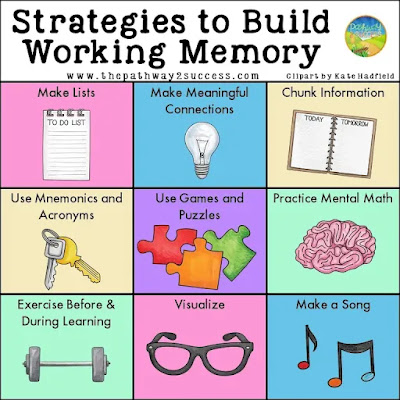Skip to main content
MEMORY STRATEGIES
2) MEMORY STRATEGIES
- is a technique that you can use to help improve remembering information that you have learned.
- refer to any of a broad set of techniques that are designed to help one remember for example:

- Try to understand the information first. Information that is organized and makes sense to you is easier to memorize. If you find that you don’t understand the material, spend some time on understanding it before trying to memorize it.
- Link it. Connect the information you are trying to memorize to something that you already know. Material in isolation is more difficult to remember than material that is connected to other concepts.
- Sleep on it. Studies show that your brain processes and stores information while you sleep. Try to review information just before you go to sleep—even if it’s only for a few minutes—and see if it helps embed the information in your memory.
- Self-test. Quiz yourself every so often by actively recalling the information you are trying to study. Make sure to actively quiz yourself—do not simply reread notes or a textbook
- Use mnemonics. Mnemonics are systems and tricks that make information for memorable. One common type is when the first letter of each word in a sentence is also the first letter of each word in a list that needs to be memorized.
- Talk to yourself. It may seem strange at first, but talking to yourself about the material you are trying to memorize can be an effective memory tool. Try speaking aloud instead of simply highlighting or rereading information.
There are many techniques out there that you can learn, both internal and external.
External vs Internal Memory Strategies


Comments
Post a Comment